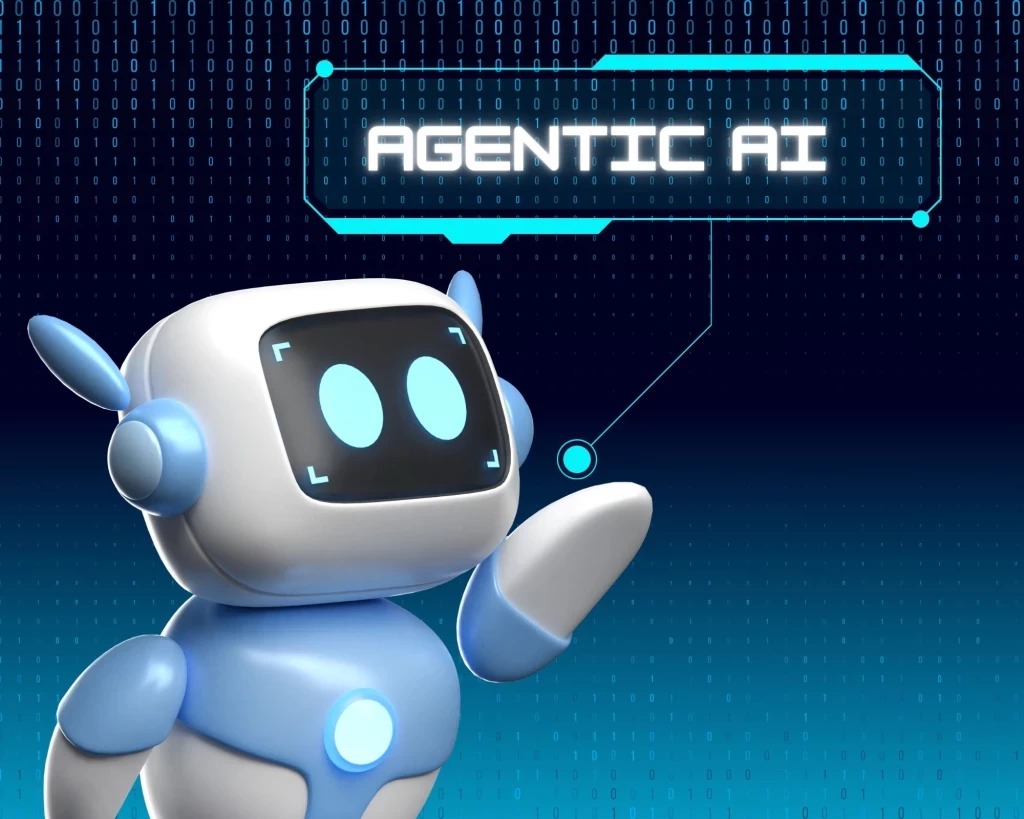 Image Source: SSON
Image Source: SSON
As Agentic AI gains hold in Indian companies, everyone wants to know: is this revolutionary technology a threat to the nation's emerging middle class? With AI agents able to execute sophisticated tasks with minimal human interference, the white-collar employment stakes are high.
Major Developments and Challenges
-
Agentic AI is increasingly being used in sectors such as IT, banking, BPO, and education to automate functions such as customer service, hiring, and checks for compliance.
-
McKinsey estimates 83 million jobs can be lost worldwide due to AI but at most 69 million new ones can be created. For India's 38-crore workforce, such a mismatch could prove disastrous.
-
IT and BPO entry-level jobs—historical gateways to middle-class security—are disproportionately exposed. AI agents already do code debugging, ticket fixes, and even performance appraisals.
The New Divide
-
A dual-layered workforce is being formed: one that controls AI systems, and another displaced by them.
-
Clerical and customer service employees risk losing their jobs and their identities to agent-capable orchestration.
-
Non-traditional applicants and Indigenous-language speakers may be disproportionately excluded by AI screening systems, perpetuating social injustices.
Policy and Ethical Failures
-
India lacks stringent AI regulation. There is no binding transparency, bias audit, or explainability of AI-driven decisions.
-
Without safeguards, AI could exacerbate unemployment, mental health crises, and online disempowerment.
-
The Way Ahead
-
Experts advocate a people-centric approach: mass-scale reskilling, enforceable AI audits, and green computing standards.
-
India must have laws in place to contest automatic decisions and ensure algorithmic accountability.
Sources: The Wire, Financial Express, Analytics India Magazine, The AIDEM, BusinessWorld.
Advertisement
STORIES YOU MAY LIKE
 Image Source: Pinterest
Image Source: Pinterest
 Image Source: The Financial Express
Image Source: The Financial Express
Advertisement





